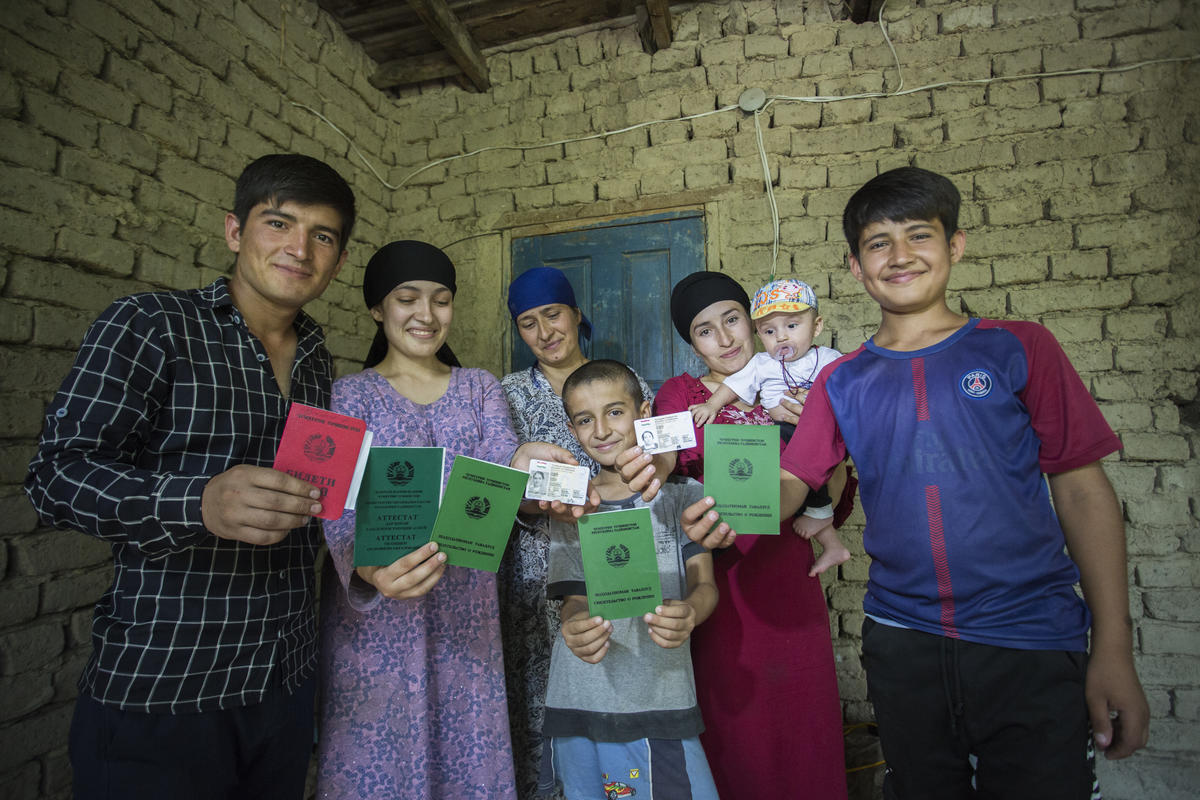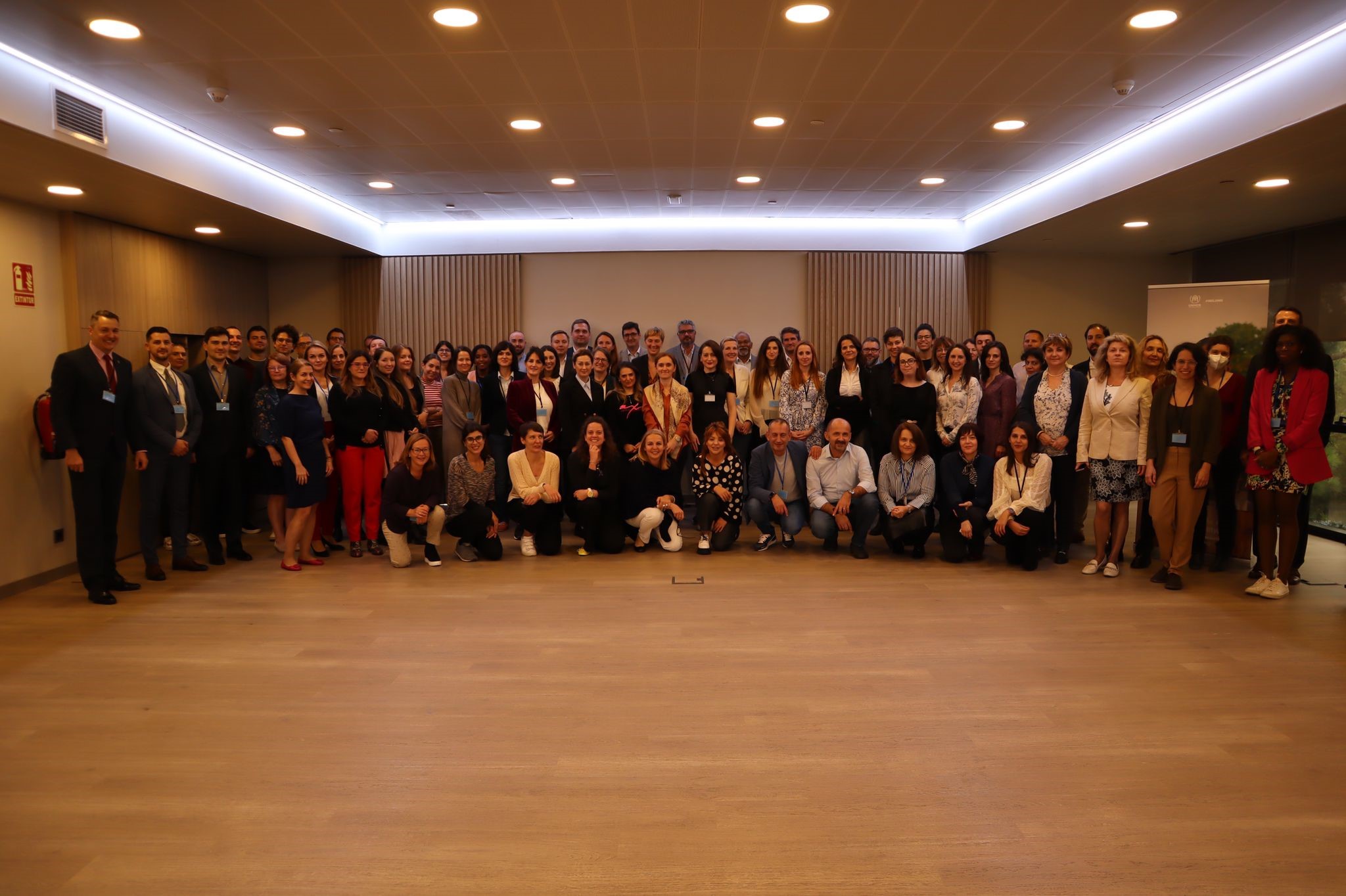Fourth CIS Conference Steering Group meeting
Fourth CIS Conference Steering Group meeting
UNHCR, jointly with IOM and OSCE/ODIHR, is convening a meeting in Geneva on Thursday and Friday this week (June 24-25) on refugees and displacement in the Commonwealth of Independent States and neighbouring countries. The meeting will be held at the Palais des Nations in room XIX, starting on Thursday at 10:00. It is open to the press.
Fifty one governments are attending the meeting - this is the fourth follow-up of the Regional Conference to address the problems of refugees, displaced persons, other forms of involuntary displacement and returnees in the CIS and relevant neighbouring states, which was held in Geneva in 1996. The list of delegations attending the meeting is available.
The 1996 CIS conference had outlined a Programme of Action to deal with the problem of more than 9 million people who had moved within or between the countries of the CIS following the end of the Cold War era and the disintegration of the Soviet Union.This week's meeting will discuss follow up activities by UNHCR and other agencies to implement decisions taken in 1996 and programmes beyond the year 2000.
The meeting will be preceded by a consultation with concerned non-governmental organizations (NGOs) today and tomorrow. The NGOs play an increasing role in the implementation of the programmes. The follow-up of the Conference has placed particular emphasis on building up the capacity of local NGOs in the CIS area.
Progress in the NGO sector has been the most conspicuous area of success in the follow-up process reflected in the fact that this year 98 NGOs from the CIS countries will be represented.
Among notable achievements since the 1996 Conference are the fact that all but four of the CIS states have acceded to the 1951 Refugee Convention, and that the problem of statelessness has been resolved or considerably reduced with the introduction of appropriate legislation. This has most notably been the case in Ukraine with regard to around 25,000 Crimean Tatars forcibly transferred to Central Asia in 1944 and who returned to the Ukraine after the break-up of the former Soviet Union, and in connection with the return of some 60,000 Tajik refugees from Afghanistan.








